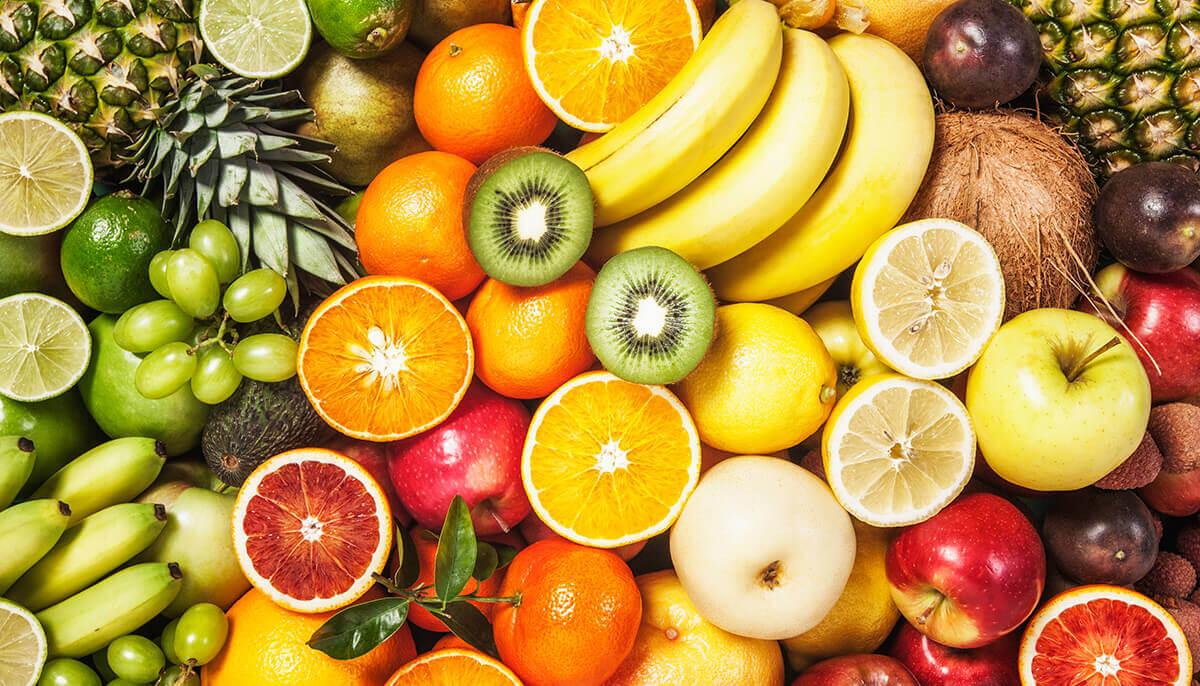



Article by: Hari Yellina (Orchard Tech)
Everyone has heard of the saying, “an apple a day keeps the doctor away.” This is true about fruits of all categories. Moreover, due to the increased awareness, everyone is starting to understand that fruits are not only delicious but are highly nutritious too. In fact, with more than 2,000 varieties of fruit available, there may be a slight confusion about which variant to choose. Each type of fruit is sure to bring its own unique set of nutrients and benefits to the table. Nonetheless, the main key is to eat fruits of various colours, as each colour provides a different set of healthy nutrients.
Some of the most nutritious and easily available fruits are:
Apples
One of the most popular fruits widely available is apples. Not only are they rich in both soluble and insoluble fibres, but they also aid you to manage your blood sugar levels, support gut and heart health and promote good digestion. In addition, they’re a good source of vitamin C and plant polyphenols, which are disease-fighting compounds found in plants. Consuming apples regularly may lower your risk of heart disease, stroke, cancer, overweight, obesity, and neurological disorders.
Blueberries
Blueberries are well known for their antioxidant and anti-inflammatory properties. In particular, they’re high in anthocyanin, a plant pigment and flavonoid that gives blueberries their characteristic blue-purple colour. This compound helps fight cell-damaging free radicals that can lead to disease and infections. Moreover, numerous studies have pointed to the health benefits of a diet high in anthocyanins, such as a lower risk of type 2 diabetes, heart disease, overweight, obesity, high blood pressure, certain types of cancer, and cognitive decline.
Bananas
The benefits of bananas go beyond their potassium content. Along with providing 7% of the Daily Value (DV) for potassium, bananas contain